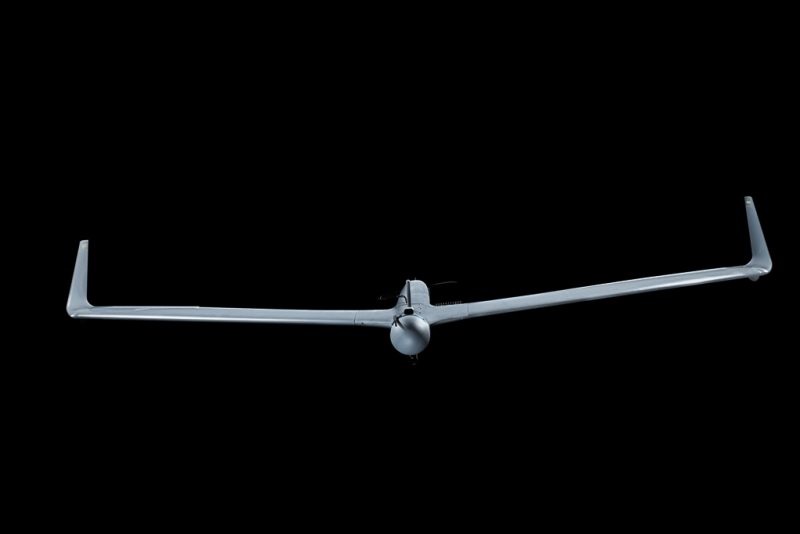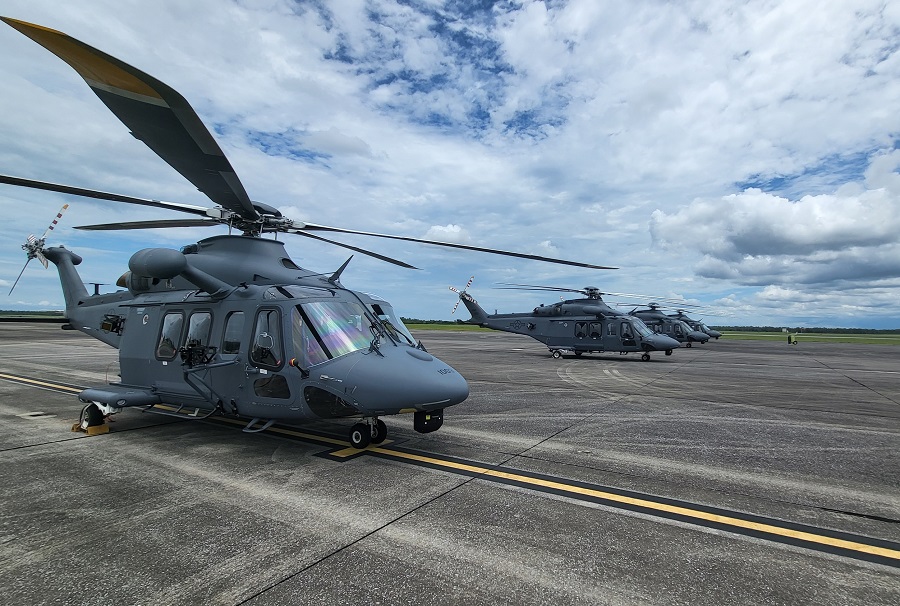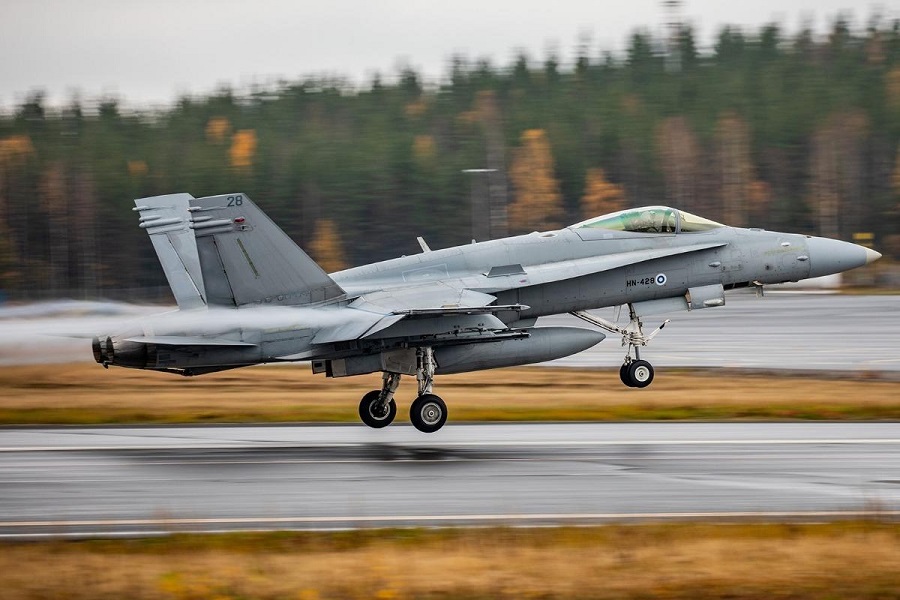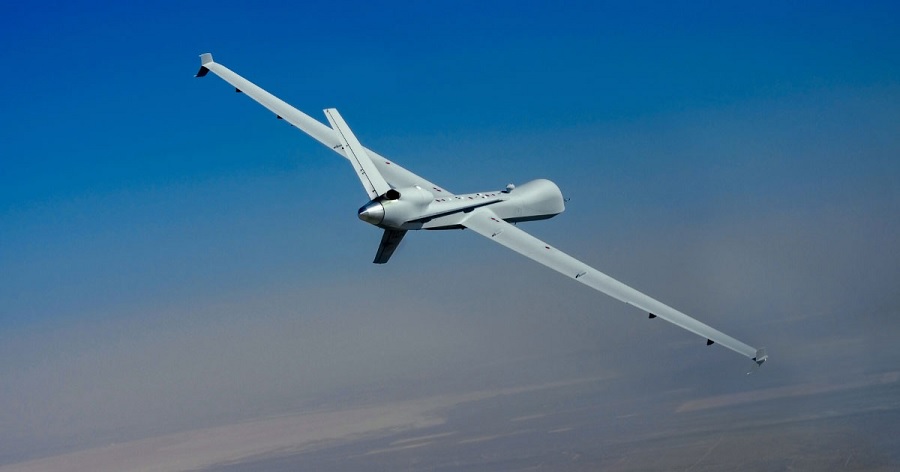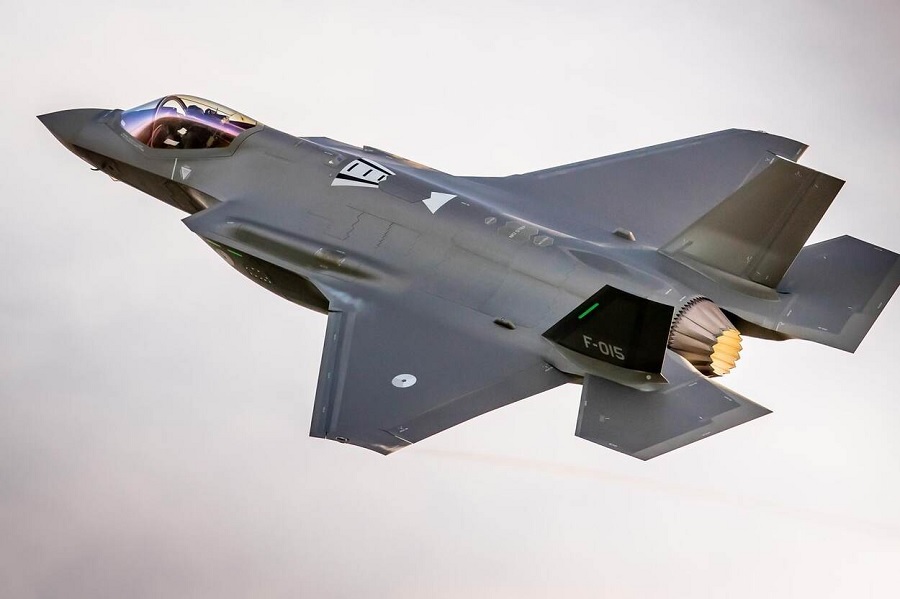According to the company, its Microphone ANR effectively addresses the challenges of severe environmental noise encountered during flight, such as helicopter rotor and engine noises. These noises, when combined with the pilot’s voice, can disrupt communication intelligibility, potentially leading to safety risks and operational inefficiencies.
The Microphone ANR system employs an adaptive spectral subtraction algorithm using AI to sense and learn background noise at the pilot’s microphone. It estimates noise levels and removes unwanted sound using Digital Signal Processing (DSP), enhancing radio and intercom transmissions for all crew members. This enhancement leads to a significant improvement in communication clarity and allows for full concentration on the mission without distractions caused by background noise.
Orbit’s secure AI technology is fully adaptable to a wide variety of noise types, including unique systems, with a rapid assimilation process. Reducing unwanted noise in radio transmissions while the pilot speaks results in crystal-clear radio and intercom communication for all mission teams, including other pilots, ground forces, and ground control. This technology proves exceptionally effective, ensuring intelligible communication even when the noise level is 400% or more compared to the speech signal level, a testament to its capability to overcome severe environmental noise conditions.
Daniel Eschar, CEO of Orbit, elaborating on the ANR Audio Management System’s potential impact on aviation safety and operational effectiveness, says, “Orbit’s AMS solutions are installed on fighters, rotary wings, trainers, large mission, and transport aircraft globally. Cockpit environmental noise in these platforms is significant and creates substantial disturbances affecting cockpit communication. We are proud of our advanced technological development integrating AI and Machine Learning, ensuring clear and continuous communication for mission success.”






